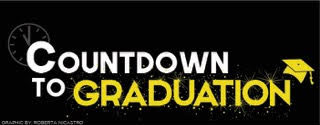Does Being an Athlete Help You Get Into Top Colleges?

May 31, 2017
The application process, which can seem daunting, may be a little less frightening for star high school athletes. If a university wants to have successful athletics, they need to look at a broader population that may not be excellent academically but exceeds from a physical standpoint. This is a common practice among colleges and a prevalent practice in the world of for-profit college sports, and even less popular ones.
The NCAA does their best to maintain the academic integrity of collegiate athletics. Athletes must maintain a 2.3 GPA in academic courses to be deemed eligible for competition. However, there have been plenty of tutoring scandals among universities that reveal issues concerning the treatment of student-athletes.
It is undeniable that universities do not have the same requirements that they would for a regular applicant to their school for incoming student-athletes. Therefore, it is no question that being an athlete will aid you in attending top tier universities. An outlet for otherly gifted teenagers. Stanford University, for example, has a 4.8 percent acceptance rate, which is the lowest in the country, making it the hardest school to get into.
Their requirements for athletes decrease drastically. An athlete at Stanford in the end of their sophomore year must maintain a cumulative Grade Point Average (GPA) of 1.8 while the average incoming freshman must average at least a 4.18 GPA on a 4 point scale, the same scale used Palmetto.
While many standard college students could argue that it is unfair that athletes are not held to the same standard as them, schools gain from successful athletics as it promotes school spirit and a brand. Student-athletes aren’t to blame. Students who do not benefit from rare and college-worthy athletic skill should not get frustrated with student-athletes because their talent, in many cases, is propelled by a similar work ethic to that of the nation’s top students.







